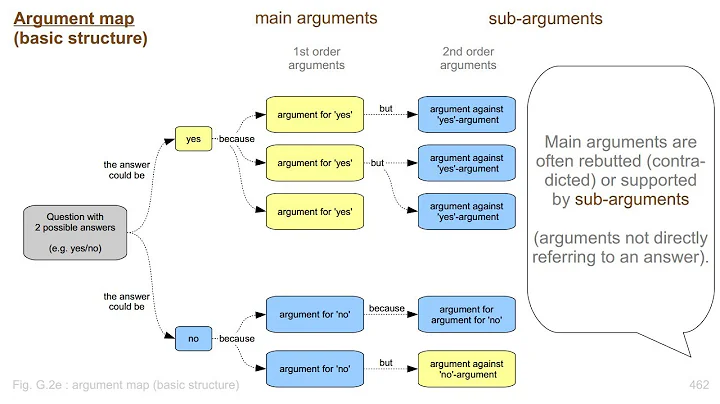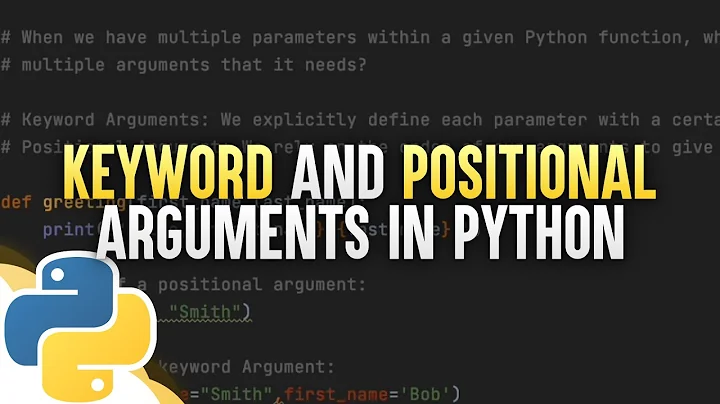Using map() function with keyword arguments
Solution 1
Use functools.partial():
from functools import partial
mapfunc = partial(my_function, ip=ip)
map(mapfunc, volume_ids)
partial() creates a new callable, that'll apply any arguments (including keyword arguments) to the wrapped function in addition to whatever is being passed to that new callable.
Solution 2
Here is a lambda approach (not better, just different)
volume_ids = [1,2,3,4,5]
ip = '172.12.13.122'
map(lambda ids: my_function(ids, ip), volume_ids);
Solution 3
This can be done easily with a list comprehension.
volume_ids = [1,2,3,4,5]
ip = '172.12.13.122'
results = [my_function(i,ip=ip) for i in volume_ids]
Solution 4
In general, one can use map to pass keywords to a function by wrapping that function in something which unpacks a dictionary, and then passing an iterable of dictionaries to map. Example:
from itertools import product
volume_ids = [1,2,3,4,5]
volume_ids = (("volume_id", volume_id) for volume_id in volume_ids)
ips = [("ip", '172.12.13.122')]
kwargs_iterable = map(dict, product(volume_ids, ips))
result = map(lambda kwargs: my_function(**kwargs), kwargs_iterable)
For your special case, however, a simpler solution would be:
map(my_function, volume_ids, [ip]*len(volume_ids))
This is concise and does not rely on any imports. Another possibility could be to combine product and starmap from itertools:
from itertools import product, starmap
ips = [ip]
starmap(my_function, product(volume_ids, ips))
This generalizes nicely to the setting with more than one ip adress, or more than two variables.
Related videos on Youtube
Cameron Sparr
Updated on July 09, 2022Comments
-
 Cameron Sparr almost 2 years
Cameron Sparr almost 2 yearsHere is the loop I am trying to use the
mapfunction on:volume_ids = [1,2,3,4,5] ip = '172.12.13.122' for volume_id in volume_ids: my_function(volume_id, ip=ip)Is there a way I can do this? It would be trivial if it weren't for the
ipparameter, but I'm not sure how to deal with that. -
 Jason Sperske over 11 yearspartials are faster, lambdas support out of order arguments
Jason Sperske over 11 yearspartials are faster, lambdas support out of order arguments -
mleger45 about 8 yearsThe problem is that we want to avoid the for loop
-
Armin Rigo about 8 yearsWhy? Because it's clearer? Or because of some misconception like "for loops are slow in Python"?
-
mleger45 about 8 yearsYes, I would say indeed is clearer, more Pythonish, and map function is meant to perform the laziest iteration posible. Besides, we need a list back, so map would perform it better for us than writing more lines coding a for loop
-
aydow over 3 yearsThis has side effects. You are assigning a bunch of memory that may not be desired (and wasn't specified by OP).












